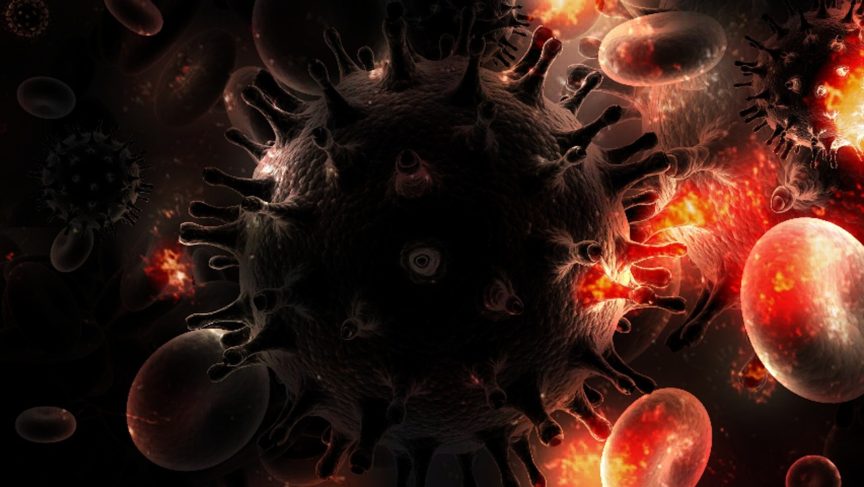How to take control of your care
With the success of antiretroviral therapy in effectively treating HIV infection, the health care system is faced with a new reality – the HIV+ population is aging. As of 2015, the U.S. CDC estimated that over 50% of the HIV+ population in the U.S. was at least 50 years old, and many are Long Term Survivors. This population is rapidly growing and HIV and Aging needs to become a priority for those providing care for this patient population.
As a result of this success in treatment, we are now seeing what appears to be an acceleration of the normal aging process. Chronic diseases are cropping up that would normally manifest in older individuals. While we are doing a good job of managing HIV with antiretroviral medications, these other illnesses have begun to create more problems for people than HIV itself. This is making HIV and Aging a focus in the care of the HIV+ population.
Individuals with HIV are at a heightened risk for acquiring a number of additional health issues that can reduce life expectancy, which we call co-morbid conditions. Common co-morbid conditions include:
- Diabetes, Coronary artery disease (and accelerated coronary aging)
- Kidney and liver disease
- Osteoporosis and increased fracture risk
- Testosterone deficiency
- Early menopause
- Loss of muscle mass and redistribution of fat
- Cancers (Kaposi’s sarcoma, anal, Hodgkin’s and non-Hodgkin’s Lymphoma, cervical, liver, lung, melanoma, colorectal)
- HAND (HIV AIDS Neurocognitive Disorders including dementia/cognitive decline and deficits in attention, language, motor skills).
There are varying theories about this increase in co-morbid conditions among the HIV+ population. Are the antiretroviral medications to blame? Does Immune Dysfunction play a role? Is it the HIV itself? Is it the combination of HIV and Aging?
The real culprit in HIV and Aging is chronic inflammation.
Inflammation itself is not inherently a bad thing; this is how our immune system fights infections, how our body repairs damaged tissues, and what gives our immune system the ability to detect and eliminate cancers.
Yet people with HIV have immune systems that are constantly activated, which means there is ongoing chronic inflammation throughout the body. This level of inflammation damages tissues, causes premature aging, and can lead to chronic diseases.
In addition to HIV, this chronic inflammation can be aggravated by other sexually transmitted infections, hepatitis B and C, substance abuse (tobacco, alcohol, drugs), and even diet (refined grains, processed foods, refined sugar, pesticides).
Ways to reduce inflammation in our bodies
- The Anti-inflammatory Diet (whole foods, 7-10 servings fresh fruit/veggies daily, reduce pro-inflammatory foods like sugar and processed foods), the Mediterranean Diet, and the DASH Diet are all good options
- Quit smoking, reduce alcohol consumption, and avoid recreational drug use
- Safer sex practices to reduce chances of contracting STIs
- Take antiretroviral medications as directed and avoid skipping doses
- Treat other chronic infections (such as HBV, HCV)
- Exercise
Together with the above methods, you can also utilize:
- Pharmaceuticals: Aspirin, Statin medications
- Supplements: Fish Oil, Curcumin/Turmeric, Vitamin D, Vitamin C, Alpha Lipoic Acid, CoQ10
- Probiotics
Improve wellbeing and prevent neurocognitive decline
It’s important to stay socially, physically, and mentally connected, and to engage in activities that bring joy and meaning to your life. Try to move your body for 30 minutes every day – walk, run, swim, do yoga, Tai Chi, or whatever else you enjoy. It’s also essential to exercise your mind – write, read, do Sudoku or crossword puzzles, play a musical instrument. And if you smoke, drink heavily, or are suffering from depression, reach out for help.
We know adopting a new, healthier lifestyle can be challenging. Taking an active role in your health and health care means embracing behaviors that are beneficial to your body and mind, and it is our mission at Green Lake Natural Medicine to help you on this journey – one healthy choice at a time.
Dr. Steven Milkis is a Naturopathic Physician and the owner of Green Lake Natural Medicine, located in the Green Lake neighborhood of Seattle, Washington. He is the co-author of the chapter on HIV in the Textbook of Natural Medicine, the definitive resource on naturopathic care and treatment. https://www.clinicalkey.com/#!/browse/book/3-s2.0-C20101648729
He enjoys working in a variety of modalities to help patients of all ages and sexes improve their health and wellbeing. He can be reached via www.greenlakenaturalmedicine.com

